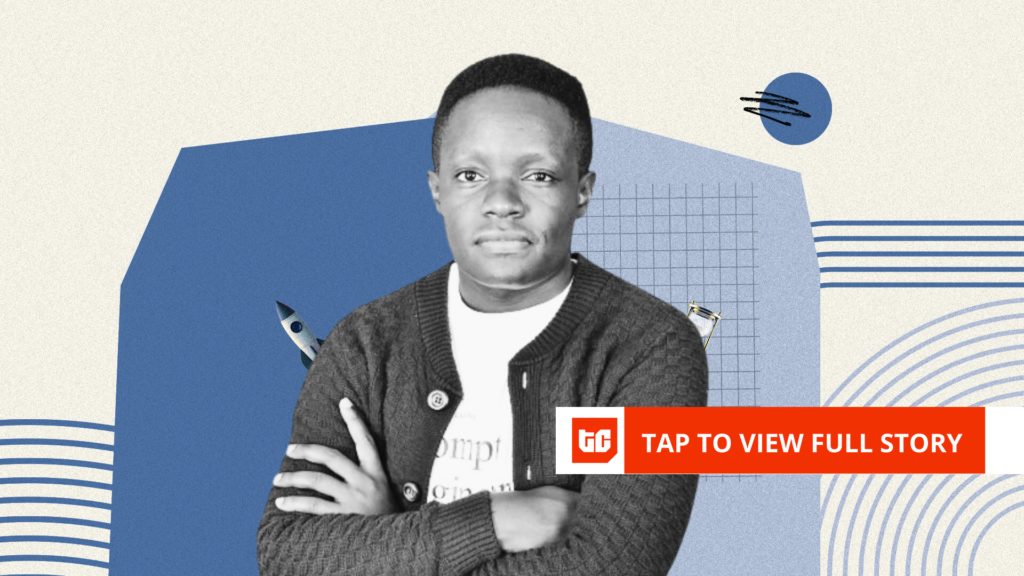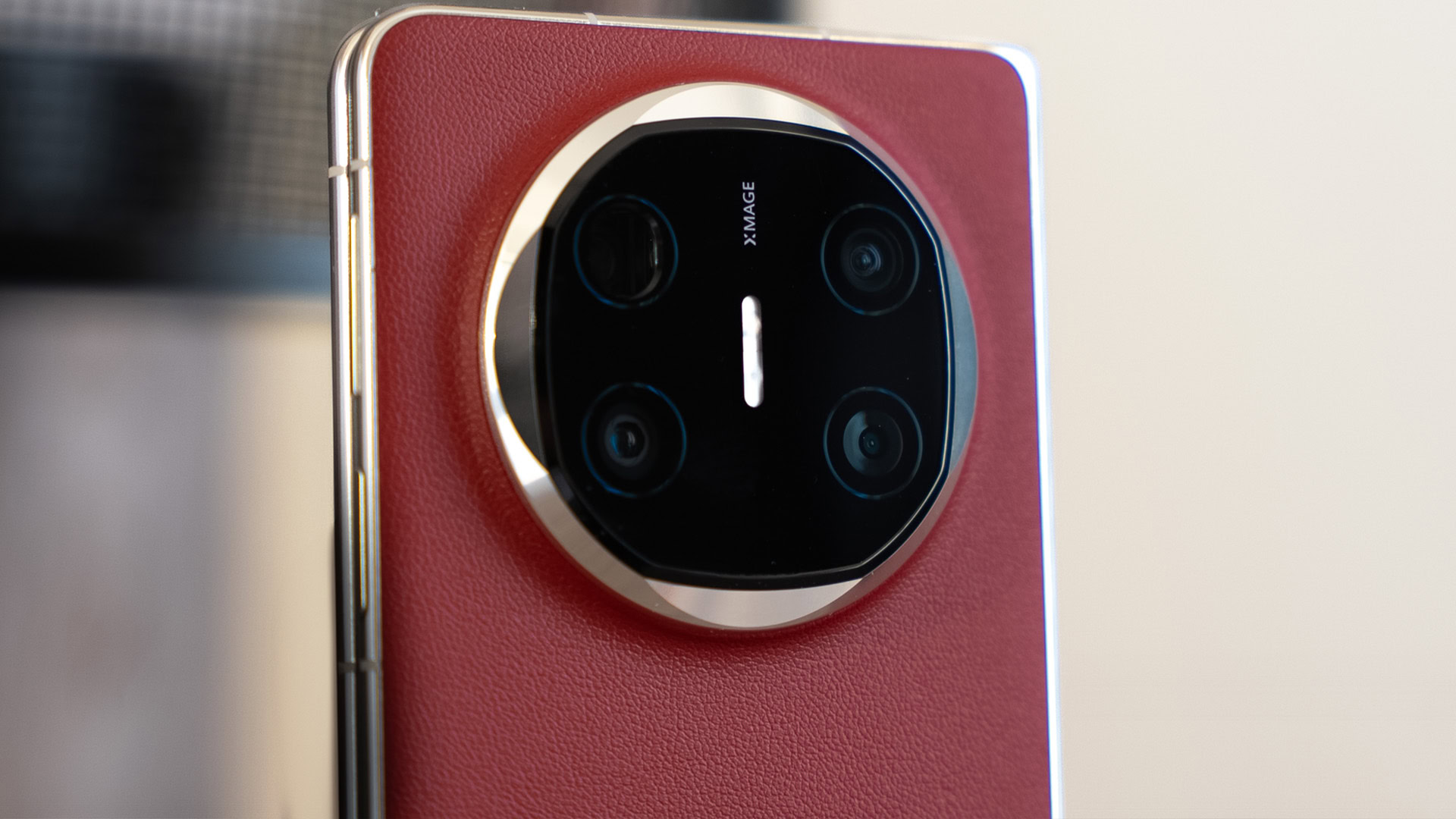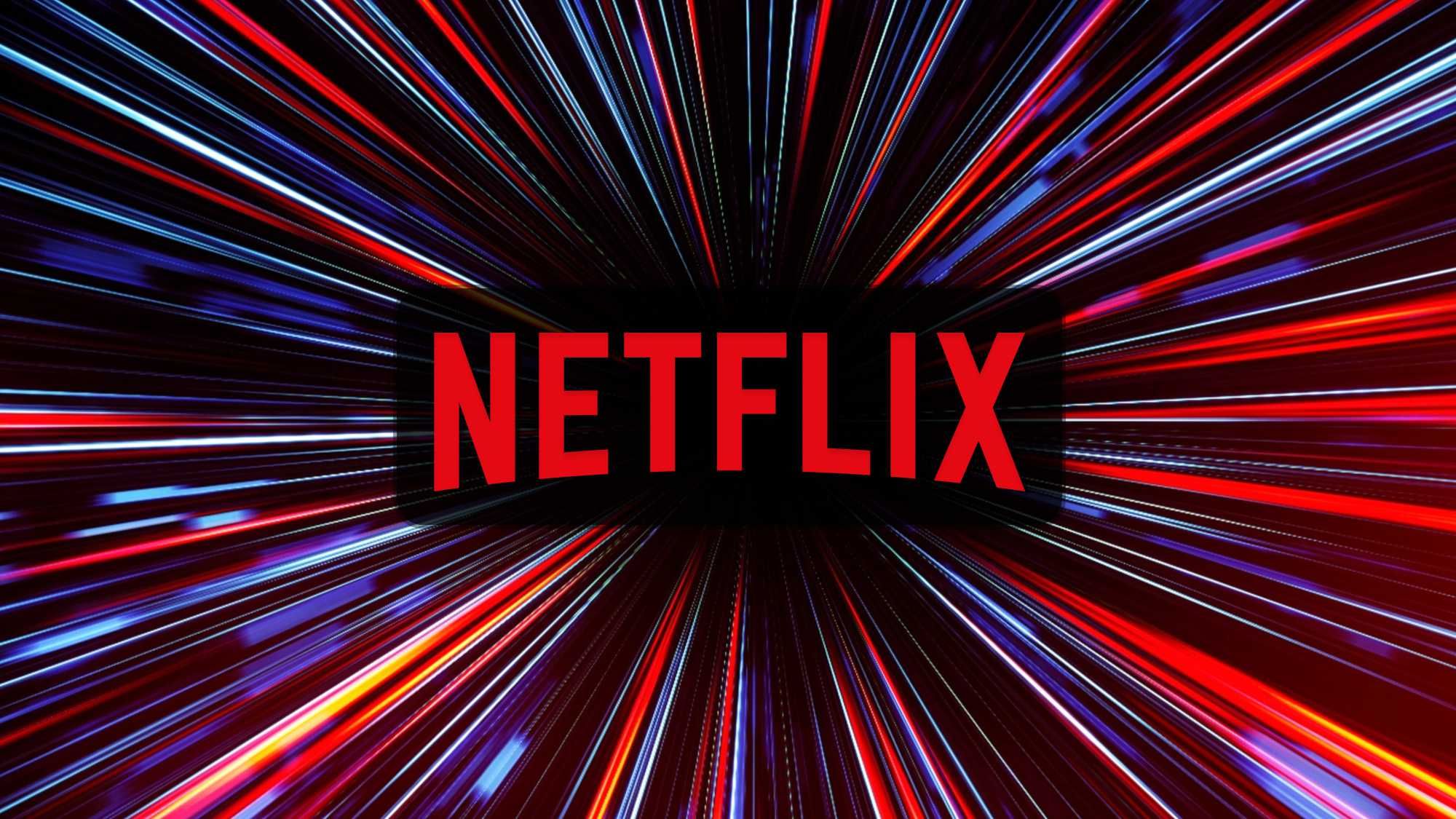Deeptrack is just ten months old. It was born out of a layoff, a $10,000 cheque, and a bet on a growing problem: deepfakes. Today, the Nairobi-based startup is helping clients verify media, detect forgeries, and stop synthetic fraud before it spreads. Its founder, Brian K’Oyundi, knows the job isn’t close to done.
“We are 10 months old today,” he told me during an interview last Friday. “The finest part is how Deeptrack was born, from me getting laid off last year from Vambo AI,” a Kenyan AI startup. “I think I started building Deeptrack two weeks later. Within that period of getting laid off, which was mid-October, I landed an individual investor who cut me a check of $10,000, and I started building.”
The global deepfake detection market is projected to grow from $114.3 million in 2024 to over $5.6 billion by 2034 as organisations demand tools that verify authenticity in digital content. North America leads the market, accounting for 42.6% of revenue. Deepfake detection tools are designed to spot manipulated or entirely fake audiovisual content created using AI, now a growing threat in media, politics, and cybersecurity.
The startup wrote its first lines of code in November 2024 and its website went live in the same month. Since then, it has launched four products: Sentinel, which helps with know-your-customer (KYC) checks; Gotham, a deepfake detection system built for enterprise use; Atlas, a tool for verifying the authenticity of media files; and Foundry, which flags forged or altered documents submitted in insurance claims.
Deeptrack currently has two paying clients keeping the lights on. The team is lean, about ten people, spread across several African countries, including Burundi, Morocco, and Cameroon.
How Deeptrack works
Deeptrack’s detection system runs on deep neural networks trained to spot signals that humans often miss. It uses a multistage forensic pipeline, starting with pre-processing to standardise inputs. This includes resizing, format conversion, frame extraction for video, and fingerprinting for traceability.
Next is the detection phase, where Deeptrack’s models, trained on thousands of deepfake samples, run alongside APIs from Reality Defender, which scan for signs of manipulation. Buying these APIs is a practical choice for a small team because it saves time, lowers costs, and frees them up to build tools for use cases like KYC and political deepfakes.
The final steps involve feature analysis and classification. The system checks for signs like irregular eye movement, bad lighting, or lip sync issues. Each file is then scored using Deeptrack’s trust model, helping clients decide whether to act, flag, or archive the content.
Gotham and the risk of enterprise abuse
One of Deeptrack’s products, Gotham, is built for enterprises, especially media houses, security agencies, and banks. Gotham, through a web app, allows bulk uploads and multi-modal detection, meaning it can process both video and audio at the same time.
One use case is media vetting, where, for instance, a client uploads a video or audio clip to verify if it has been tampered with or synthetically generated. Deeptrack’s model runs an analysis and sends back a result with a confidence score and tampering report.
That tension between detection and abuse, where deepfakes are used to harass or discredit others, is something the startup thinks about. In many instances, deepfakes are hard to detect and as they get more convincing, detection tools need to improve just as fast to keep up.
Why starting small helps
When K’Oyundi launched Deeptrack, he made a call that didn’t age well: launching with a big team, which included a bunch of acquaintances that he had to let go in early 2025. “We hadn’t built anything users wanted yet, but we were already spending on salaries and operations.” By December 2024, they had burned through half the money they’d raised.
The team, which includes advisory members, has since grown slowly, with most of them working remotely and their roles now narrowly defined. They’ve also become more frugal, according to K’Oyundi, and are yet to raise any more funding to date.
Mirror and beyond
Deeptrack’s next release is Mirror, a tool aimed at high-net-worth individuals, public figures, and companies facing reputation attacks. The tool scans for fake audio or video impersonations circulating online and flags threats before they go viral.
Mirror operates on two principles. First, proactive scraping monitors social media channels or chat apps that frequently share manipulated content. Second, voiceprint and faceprint protection, which involves creating a biometric fingerprint of enrolled users and flagging any media that attempts to mimic their voice or facial features.
What comes next
The team is preparing to scale by hiring more machine learning engineers and expanding its office space. Deeptrack will also need to find a larger, secure space to house its servers.
“Right now, we work out of a small space in Nairobi,” K’Oyundi said, referring to a co-working space where I met him with his team.
K’Oyundi has also been accepted into The Residency, a six-week in-person founder programme in San Francisco, and plans to use the time to learn how to pitch Deeptrack for follow-on investment. “We’re thinking about raising later this year. Something small, maybe $300,000. Just enough to extend the runway and do more hires.”
Mark your calendars! Moonshot by is back in Lagos on October 15–16! Join Africa’s top founders, creatives & tech leaders for 2 days of keynotes, mixers & future-forward ideas. Early bird tickets now 20% off—don’t snooze! moonshot..com












